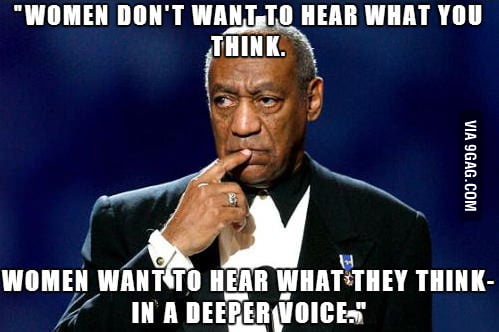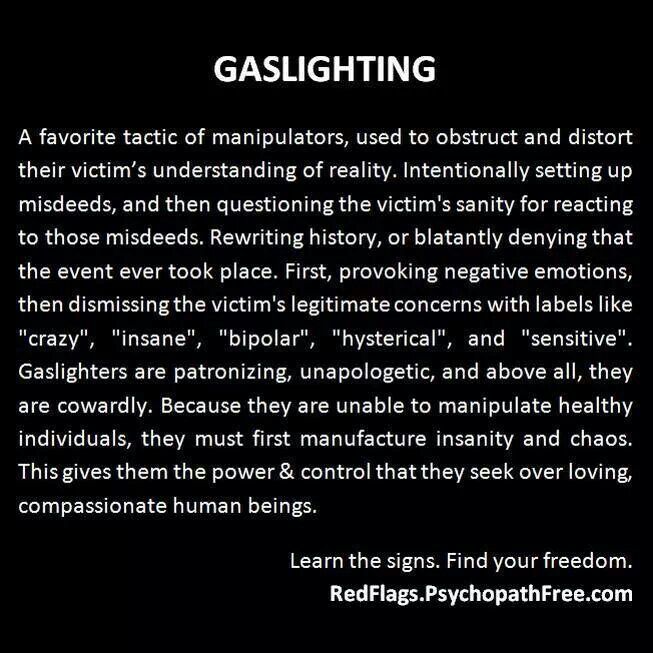Hearing what you want to hear
Definition, Symptoms, Treatment, and Listening Tips
What is selective hearing?
You’re probably familiar with the phrase “selective hearing” in reference to people only hearing what they want to hear. While it’s often used in a joking sense, selective hearing is an experience that researchers are only just starting to understand.
Selective hearing is the ability to listen to a single speaker while in a crowded or loud environment. You might also hear it referred to as “selective auditory attention” or the “cocktail party effect.”
Selective hearing involves many factors, including your goals, vision, and brain activity patterns.
Goals
Your brain chooses what to listen to based on what you’re trying to do.
For example, imagine that someone started talking to you while you were trying to finish watching an episode of a TV show. Chances are good that you didn’t hear much of what they said to you. Your brain prioritized the sound of the TV over that person’s voice because your goal was to finish watching the show.
A 2008 study put this concept to the test by asking participants to pay attention to sounds in one ear but not in the other. The investigators then played different pitches in each ear at the same time and asked the participants to note any changes in pitch in the ear they were asked to focus on.
MRI scans of the participants’ brains showed that they heard the sounds in each ear. However, when they were detecting changes in the specified ear, they ignored the sound in the other ear.
Vision
Visual cues are also an important part of selective hearing.
For example, a 2013 study involved playing audio of a man and woman talking at the same time. Participants were asked to pay attention to either the female or the male speaker. They had a much easier time focusing on only the male or the female voice when watching a video of the speakers along with the audio.
Based on these results, being able to see someone while they’re talking might help you listen more effectively.
Brain activity
A 2012 study found that the presentation of sounds within your brain doesn’t reflect all of the sounds in your environment but, rather, what you want or need to hear. These results are similar to those of the 2008 study discussed above.
However, the investigators also found that they could use the patterns of brain activity they observed to predict which speaker or words someone was listening to.
Investigators used about 90 electrodes per person to monitor the brain activity of people undergoing surgery for epilepsy.
Participants were asked to listen to two different samples of speech at the same time. Each sample contained a different speaker and phrase. They were then asked to pick out which words were said by one of the two speakers.
Using information about brain activity patterns from the electrodes as well as a decoding process, the investigators reconstructed what the participants heard. The brain activity patterns suggested that the participants only paid attention to the speaker they were asked to focus on.
In addition, the investigators were able to use these brain activity patterns to predict which speaker the participant listened to and determine whether they paid attention to the wrong speaker at any point.
While the recent research surrounding selective hearing is interesting, it also has several real-world applications.
The predictive and decoding technology from the 2012 study discussed above may help researchers better understand the effects of aging and certain conditions on hearing function.
In addition, people with hearing loss, ADHD, auditory processing deficits, and autism seem to have trouble with selective hearing. The decoding technology could help researchers understand what people with these conditions are actually hearing and processing.
Knowing this information could be crucial for developing new treatments.
Some people seek out treatment for selective hearing. However, it’s a phenomenon that affects nearly everyone. There are a few things you can do to improve your listening skills, such as:
- Pay attention.
 When you’re talking to someone, try to pay attention to more than just their words. Try to take in visual cues from their facial expressions or body language while they’re talking.
When you’re talking to someone, try to pay attention to more than just their words. Try to take in visual cues from their facial expressions or body language while they’re talking. - Summarize. At the end of a conversation, try briefly summarizing the main points to make sure you clearly understood everything.
- Ask questions. Don’t be afraid to ask the other person a question about something they’ve said that’s unclear. Taking a few seconds to ask them to elaborate is usually less bothersome than a potential misunderstanding down the line.
- Mind your own biases. While it’s easier said than done, try to be aware of your own biases and judgments about people when you’re talking to them. Preconceived notions can impact the way your brain processes a conversation.
Selective hearing is your ability to focus on and single out a particular sound or conversation.
While recent studies have uncovered new information about how selective hearing works, more studies are needed to fully understand why it happens and what it could mean for certain health conditions that affect hearing.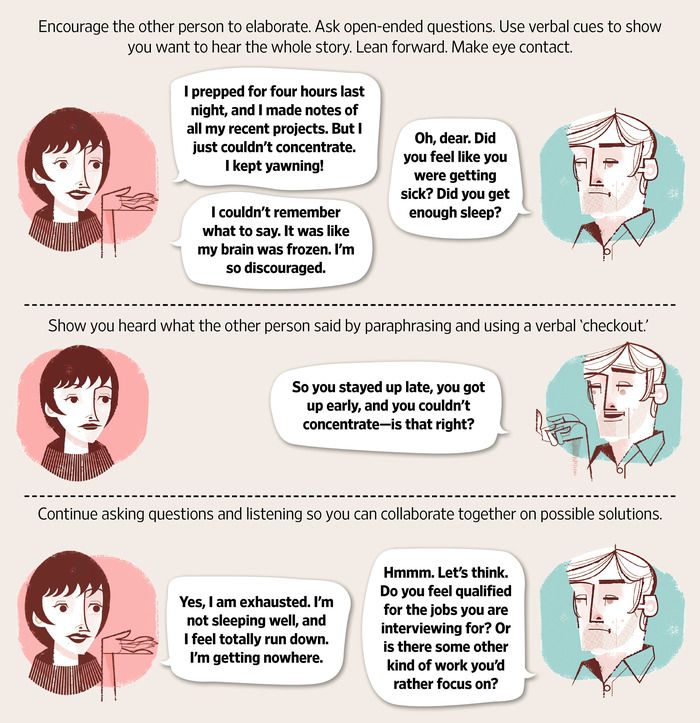
You Hear What You Want To Hear
We’ve suspected this, and let me confirm it. We hear what we want to hear, not what’s actually said. Here are 4 reasons why that happens, and 3 ways to change it.
Listening is more of a psychological process than a physical act.
Physically, we hear words and take them in. From there, it’s all psychological. Because we must process and interpret the words we heard. Not just the words, but the non-verbal communication as well.
Listening is more of a psychological process than a physical act. Click To Tweet
4 Reasons We Hear What We Want To Hear
Even if you’re paying attention, there are psychological factors that make it difficult for you to hear what was said, and meant. Here are four:
- Non-verbal communication, such as tone of voice, pace of speaking, volume, eye contact, posture, etc. give us clues as to the meaning of the words we hear. If there is a mismatch between the verbal and the nonverbal communication, people will put greater weight on the nonverbal.
 Yet, nonverbal clues are open to widely varying interpretations. If you feel irritated or threatened by the speaker, you may interpret the person to be speaking in a loud voice, or in a condescending way, even though other listeners wouldn’t interpret it this way.
Yet, nonverbal clues are open to widely varying interpretations. If you feel irritated or threatened by the speaker, you may interpret the person to be speaking in a loud voice, or in a condescending way, even though other listeners wouldn’t interpret it this way. - Confirmation bias is the unconscious way we take in information that matches our previous thoughts on the topic. If, through your previous experience with a person, you view them as lazy, then you will tend to notice information that confirms your opinion of them. You will also ignore information that contradicts your belief. Unfortunately, humans consistently behave in these ways. It takes a concerted effort to not listen through our confirmation bias.
- Our minds categorize what we hear into our own experience. When someone shares about a conflict, our minds go to the conflicts we’ve been in or heard about. Even though the people and the situation are totally different, our minds find parallels in our experience.
 All this match-making of facts limits our listening and prompts our advice-giving.
All this match-making of facts limits our listening and prompts our advice-giving. - The flip side of #3 is that if we have little experience with something we tend to not hear what they are saying. I see this frequently when training action-oriented leaders to listen. They hear any small opening to next steps, but are deaf to hearing and exploring internal, personal reasoning that deals with emotions, beliefs, and self-image.
My advanced course, Coach The Whole Person, will help you coach the internal ways of being, mindsets, and development of your clients. It earns 23 ICF ACSTH training hours. Find out more here.
How To Hear What Is Said, and Meant
Our minds are busy hearing what we want to hear, so how do we hear what is said, and meant? It takes a bit of discipline, but you can do it.
If you think you know, then you're not fully listening. Click To Tweet
My basic approach follows one of the greatest business consultants, Peter Drucker, who wrote, “My greatest strength as a consultant is to be ignorant and ask a few questions. ”
”
- Don’t assume you understand. If you think you know, then you won’t fully listening. “It is impossible for a man to learn what he thinks he already knows,” Epictetus wrote.
- Be curious. I use this motto to keep me listening: “I hear this and this, but I wonder what else is happening?” This approach doesn’t immediately reject what I hear, but keeps me curious about what else is being communicated.
- Ask questions. Ask clarifying questions, not to confirm your understanding, but to explore. “What do you mean by ‘I want to be a better leader’?” will draw out more information from the other person. It may also cause the other person to reflect more deeply, resulting in their own new awareness.
Listening is a lot more than a physical act. Our minds make biased interpretations of what we hear. These interpretations cause us to hear what we want to hear.
Instead, disciple yourself to remain open and ask questions to find out what the other person really means. The thing is, they may not fully understand what they mean either. By asking and listening you both can communicate fully.
The thing is, they may not fully understand what they mean either. By asking and listening you both can communicate fully.
Share this article, or leave a comment below.
Posted on
Category: Leadership
You hear only what you want to hear, what you are ready for. : pozitologizm — LiveJournal
?- Cinema
- Society
- Cancel
 And you won't feel it.
And you won't feel it. At least you will listen to the sage himself. All his wisdom will not immediately flow into you.
Only drop by drop. Ready to receive a drop of wisdom - you will hear and understand this drop.
Then another drop.
And not only with the sages such things. This applies to any communication. And even cinema.
I think this is the reason for the conflicts.
The conflict arises not only because of the intersection of interests, but also because of the difference of opinions.
And opinions are different because everyone sees, hears, feels his own in the same thing. What is he ready for?
One walks down the street and sees dirt. And the other cleanliness.
Or one sees dirt in Russia and beauty in Europe. And the other sees beauty both there and there.
Or he says he loves. And she says: "You don't love me"
Or one book, one post was read, one film was watched by different people, but each heard his own.
i.e. There is no point in proving yourself right to someone. Because everyone has his own rightness in the sense that he simply does not hear the other. Does not understand. He is not ready for another.
It remains only to express my point of view, which I myself understood. And let the other person speak what he understood and heard.
If the conflict slows down some actions due to the fact that it is impossible to come to a single solution.
Either you need to find a neutral person, authoritative for both sides, who will listen to both sides and somehow judge, say what can be done next.
Or try to act in parallel. From time to time exchanging opinions.
It is likely that opinions will begin to coincide at some point.
Parallel curves, they intersect.
You just need to get out of the plane of your opinion. Make it not flat, but voluminous.
And for this, the opinions of other people, even categorically different from yours, will be very useful. They will help create volume. 9Subscribe
They will help create volume. 9Subscribe
Now, when "fucking" breaks out of me, I replace it with the word "think" For example: Damn, you're an idiot! I think you…
Today, along with other products, I ordered pitted watermelon. They'll bring it tomorrow. I'll try.
It's my childhood dream to eat watermelon and seeds without spitting, picking out or swallowing them. I think the world is changing, but...
Charity is a very profitable business. Only you really need to be frostbitten
for this. Everything can start very coldly. Helping those in need, no matter how. It's nice to help, and even honor / respect, ...
Photo
Hint emotions are important, which means they need words of love and compliments. Men, according to many, are guided by logic. And they love only with their eyes, so they don’t need unnecessary talk and tenderness.
This traditional view is finally giving way to the understanding that we all, regardless of gender, want our loved one to recognize our importance in their lives.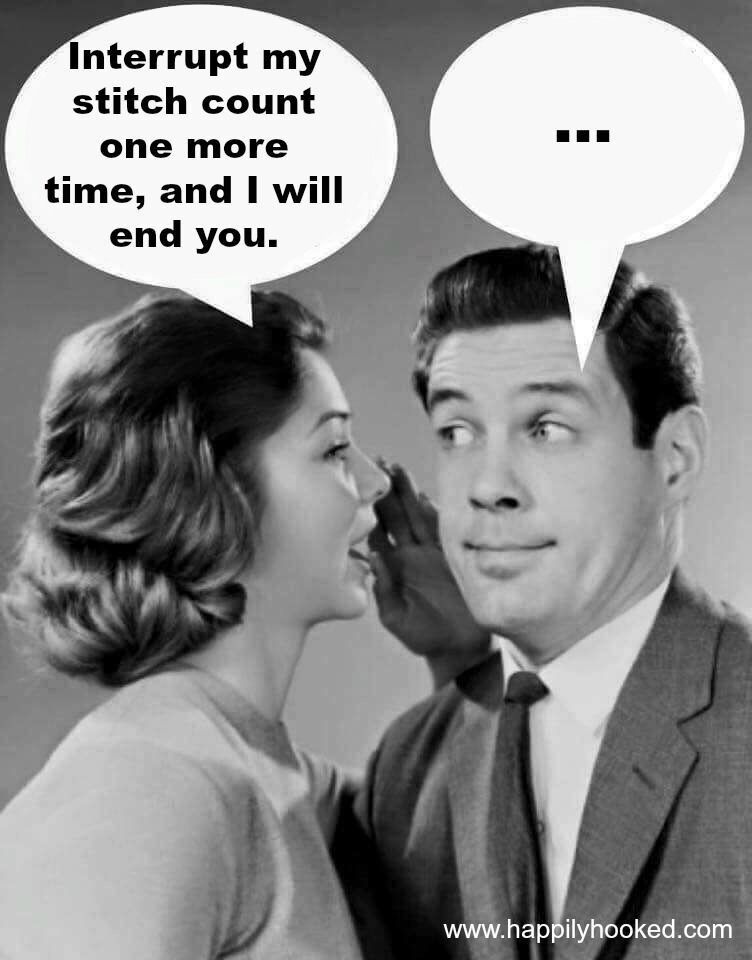 And it is just as important for men not to guess about it, but to hear specific words. What are they?
And it is just as important for men not to guess about it, but to hear specific words. What are they?
I understand you
Men want to feel like winners. When external circumstances do not favor a victorious movement forward, the last thing you want to hear is criticism or advice on what to do. All he needs now is support: your smile, hug and words: “I understand how difficult it is for you right now. If you want to talk, I'm here."
I appreciate everything you have done
In a healthy relationship, both partners want to support each other. It is important for a man to feel that his care and attention are needed. This gives him confidence that he plays a significant role in the life of a loved one.
Stay alone as long as you need
To sort out problems, he sometimes needs to be alone, analyze the situation and live it emotionally. And it has nothing to do with how he treats you.
I was wrong. Please forgive me
In the heat of a quarrel, we can hurt each other with hurtful words.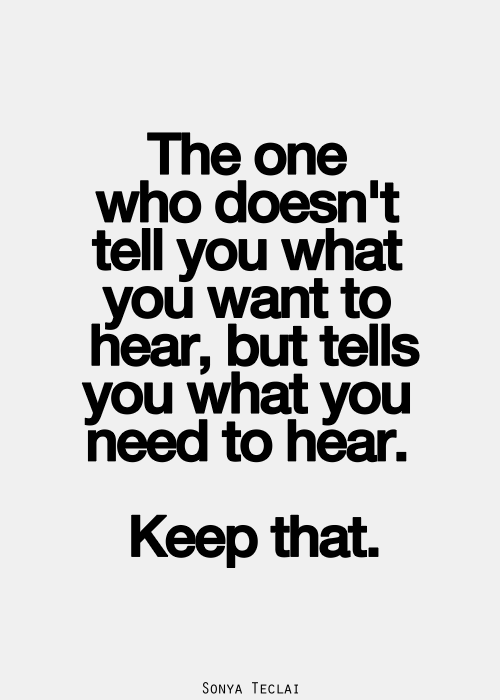 They hurt men just as much as women. They need to hear apologies that make them feel like you cherish them and didn't mean to intentionally hurt them.
They hurt men just as much as women. They need to hear apologies that make them feel like you cherish them and didn't mean to intentionally hurt them.
You did it amazingly
Yes, yes, your praise and admiration is important to us. Recognition of victories by a loved one inspires and stimulates further exploits. This applies not only to achievements, but also to household trifles.
In other words, if he took apart the garage or helped replant the plants, don't take it for granted. Be generous with praise and he will be more willing to do things that bring you joy.
You turn me on
Perhaps you don't hear him asking, "How do I look today?" This does not mean that he does not need confirmation that you find him attractive. Tell him that he is sexy and that you are fine with him. And you will find a partner with whom you will feel in an intimate relationship.
Why don't you spend time with your friends?
He will be grateful for this if he has a busy period that requires maximum concentration.